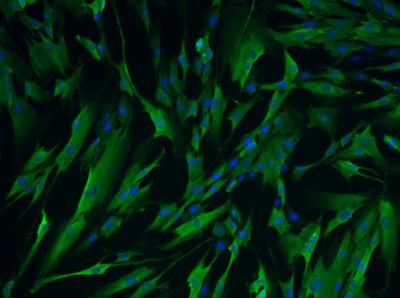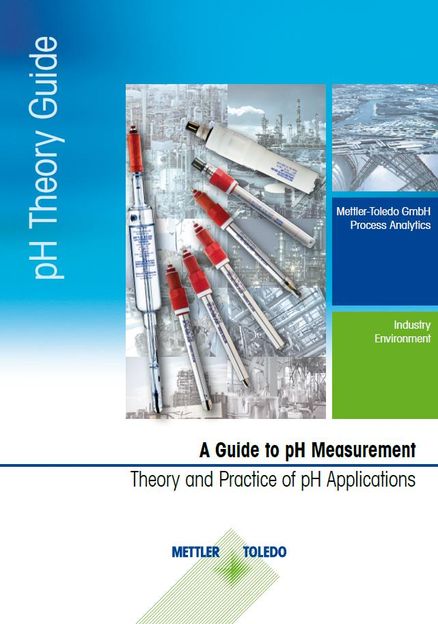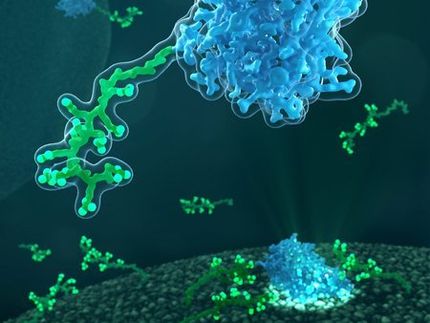2008 is a decisive year for the validation of the asthma target interleukin-13
Results of two major phase II studies in asthma expected during 2008 will be a GO/NO GO milestone for the field of interleukin-13 (IL-13) antagonists
The Business Intelligence firm La Merie S.L. reported that during the year 2008 results of major phase II studies in asthma with two different interleukin-13 antagonistic antibodies are expected which will be decisive for the validation of a hot target. Interleukin-13 is regarded to have a central in the development of allergic asthma, mediating airway inflammation, obstruction and hyper-reactivity.
IL-13 has attracted great interest as a target for injected or inhaled biologics, including antibodies, proteins, peptides, antisense and small interfering RNA (siRNA). There are at least 6 clinical stage direct or indirect IL-13 antagonists in active development. All of them are pursuing asthma as the clinical lead indication. Further two companies are close to phase I. These results and more were found in a search and analysis conducted by La Merie Business Intelligence and published on February 11, 2008.
Clinical information obtained so far from the various IL-13 antagonists indicates that neutralization of the effects of IL-13 appears to be safe and well tolerated and shows signs of clinical activity in asthma. There are various approaches to neutralize the effects of IL-13: by directly binding to IL-13 and, thus preventing the cytokine to bind to its receptor and induce signalling; by blocking one of the two receptor subunits to which IL-13 binds (the IL-13 receptor alpha and the IL-4 receptor alpha which share a common subunit for binding of IL-13).
Most read news
Other news from the department business & finance

Get the life science industry in your inbox
By submitting this form you agree that LUMITOS AG will send you the newsletter(s) selected above by email. Your data will not be passed on to third parties. Your data will be stored and processed in accordance with our data protection regulations. LUMITOS may contact you by email for the purpose of advertising or market and opinion surveys. You can revoke your consent at any time without giving reasons to LUMITOS AG, Ernst-Augustin-Str. 2, 12489 Berlin, Germany or by e-mail at revoke@lumitos.com with effect for the future. In addition, each email contains a link to unsubscribe from the corresponding newsletter.
More news from our other portals
See the theme worlds for related content
Topic world Antibodies
Antibodies are specialized molecules of our immune system that can specifically recognize and neutralize pathogens or foreign substances. Antibody research in biotech and pharma has recognized this natural defense potential and is working intensively to make it therapeutically useful. From monoclonal antibodies used against cancer or autoimmune diseases to antibody-drug conjugates that specifically transport drugs to disease cells - the possibilities are enormous

Topic world Antibodies
Antibodies are specialized molecules of our immune system that can specifically recognize and neutralize pathogens or foreign substances. Antibody research in biotech and pharma has recognized this natural defense potential and is working intensively to make it therapeutically useful. From monoclonal antibodies used against cancer or autoimmune diseases to antibody-drug conjugates that specifically transport drugs to disease cells - the possibilities are enormous
Last viewed contents
Karl_Simin
BBCH-scale_(stone_fruit)
Category:Protein_structure

RNA offers a safer way to reprogram cells - New technique could revert cells to immature state that can develop into any cell type
Spore
Stuart_Kauffman
Stingray soft robot could lead to bio-inspired robotics

























































